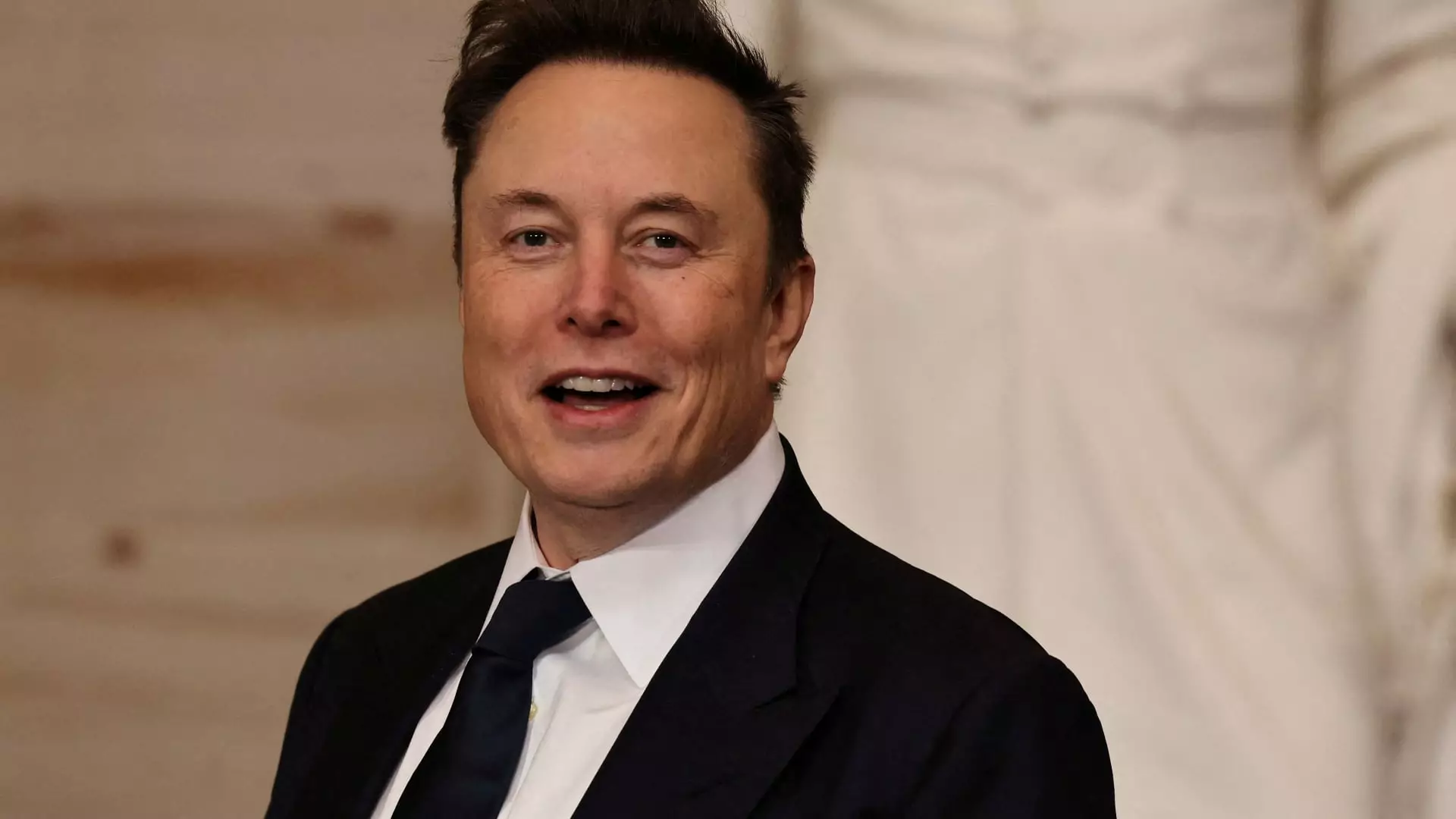Elon Musk’s extraordinary wealth and influence have ignited debates about the ethics of executive compensation, especially at a time when inequality continues to widen globally. The recent revelation that Tesla must offer Musk a record-breaking pay package—potentially worth a staggering trillion dollars—to keep his attention highlights a troubling pattern: the prioritization of individual ambition over the collective interests of stakeholders. This scenario raises critical questions about whether corporations should be driven by the relentless pursuit of personal enrichment for their leaders or foster values of responsibility, sustainability, and shared prosperity.
Musk’s growing fortune is increasingly divorced from the core values of corporate accountability. His wealth pools now lie mostly outside Tesla, in private ventures like SpaceX, xAI, Neuralink, and other startups. While these companies are innovative and contribute to future technological advancements, their rapid valuation hikes appear to be driven more by investor speculation and hype than tangible, sustainable growth. As Musk’s net worth surpasses hundreds of billions, the question becomes whether these colossal figures serve the public good or primarily benefit a small elite with outsized influence—highlighting the dangerous centrality of individual superwealth in shaping global markets and technological trajectories.
The Disproportionate Power of Private Ventures over Public Companies
Musk’s insistence on controlling voting rights through his multiple holdings underscores a broader trend whereby corporate governance becomes increasingly skewed in favor of concentrated individual power. His direct stakes in SpaceX, xAI, Neuralink, and other private companies are valued at nearly twice his holdings in Tesla, contradicting the common narrative of the self-made tech billionaire. Instead, this paints a picture of a billionaire who exploits the financial structures surrounding private ventures to amplify his leverage—effectively transforming shareholder value into personal security and political influence.
This concentration of power fundamentally challenges the notion of a fair and equitable market, where companies are accountable to all shareholders, employees, and communities. Musk’s pursuit of a massive compensation package—one that would pay out if Tesla reaches an astronomical $8.5 trillion valuation—raises a fundamental concern: are we incentivizing innovation or fostering a system where personal greed becomes the ultimate driver of corporate strategy? When the primary goal seems to be enriching an individual at the expense of broader societal interests, it becomes difficult to justify the moral legitimacy of such wealth accumulation, especially when it risks compromising responsible stewardship.
The Erosion of Trust in Corporate Leadership
The saga of Musk’s compensation packages illuminates a critical erosion of public trust in corporate leadership. As public scrutiny intensifies, it becomes evident that the current system incentivizes billionaires to prioritize their personal gains over societal well-being. While innovation undeniably propels progress, unchecked greed distorts the purpose of corporate enterprise. When CEOs are awarded such astronomical pay—often tied to lofty, speculative stock valuations—it fosters a climate where financial engineering and market hype supersede genuine progress.
This paradigm also fuels political and economic instability. Wealth concentrated in a small number of hyper-rich individuals and their private ventures exacerbates inequality, undermines democratic accountability, and creates a system where influence is wielded behind closed doors. The assumption that a handful of billionaire entrepreneurs should have disproportionate control over cutting-edge technologies, like artificial intelligence, is inherently problematic. It raises questions about whose interests are truly prioritized—their own or the public’s—and whether the current corporate governance models are sustainable given the societal push for fairness and equitable growth.
Rethinking Wealth and Power in the Modern Era
Addressing the challenges posed by Musk’s staggering net worth requires a fundamental re-evaluation of what constitutes responsible leadership and wealth accumulation. A more humane and equitable approach would balance individual achievement with societal responsibility, emphasizing corporate transparency, accountability, and genuine stakeholder engagement. Instead of rewarding billionaires for monopolizing innovation, there must be mechanisms that ensure these mega-wealths serve broader societal interests—investing in resilient industries, equitable job creation, and technological advancements that benefit everyone, not just a select few.
Furthermore, public and shareholder oversight should play a more active role in curbing excessive executive compensation, especially when such packages threaten to distort markets and influence policy disproportionately. The current incentives seem to encourage a race toward ever-higher valuations and personal gains—an unsustainable and ethically questionable trajectory. Building systems that prioritize long-term societal benefits over short-term wealth spikes is essential for creating a more balanced and just economic future.
Musk’s story reveals a profound truth about the contemporary landscape: unchecked wealth and power, when concentrated in a small circle, threaten the fabric of democratic accountability. Reimagining how we value innovation, leadership, and corporate responsibility is not just necessary; it is urgent—if we truly believe in a future where progress is shared, sustainable, and fair.

